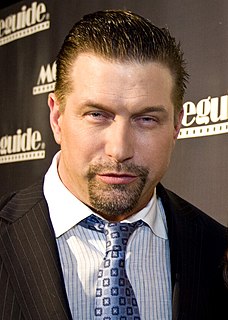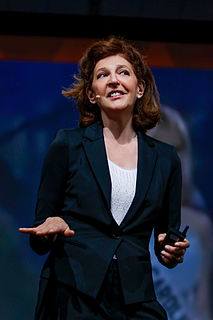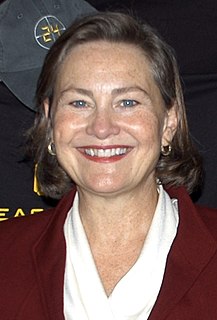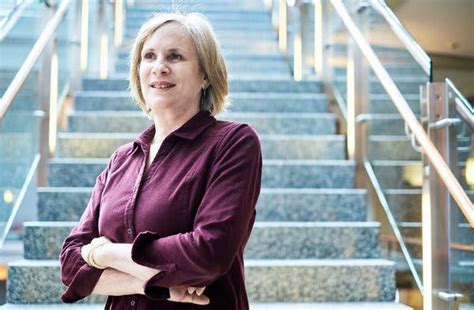A Quote by Michael J. Silverstein
Better ramp up your virtual relationships. Companies think omni channel is the correct answer. This is not enough. The information explosion for consumers makes 24/7 and full and complete engagement possible.
Related Quotes
I'm excited to create more awareness about the importance of giving the youth of America a choice. There's a 24-hour music channel. There's a 24-hour comedy channel. I believe there's a 24-hour gay channel coming. Why isn't there a 24-hour Christian channel that's edgy and hip and cool and new and different, like all that other stuff?
We live in a time when there are tech companies that have an unprecedented accumulation of power, wealth, and information with basically no competition. It's not in their nature to self-regulate, to break themselves up, or ask for less information. It's only in their nature to grow and gain more information from us, because the more that they know about us, honestly the better they can market to us and sell to us and make us better consumers.
If you're tired of getting additional information, you can just close your eyes, get some sleep. But earlids, covering of the ears, never evolved. Not once do we find it, even in the fossil records. Because while we let our eyes relax, our ears are still hearing. And that's why alarm clocks work and wake us up. We still gather information. Every animal is gathering information 24/7. So I like to think of acoustic ecologists as people who are trying to become better listeners, 24/7.
In the split-second before someone prepares to answer a question, he will consciously or subconsciously evaluate what the best possible answer might be. For a truthful person, the best possible answer might omit some information. It might have a few extraneous details. But it will still offer the information requested.
The rules of engagement around building a brand have changed significantly over the past 10 to 15 years. Where companies at one time could spread their message through traditional marketing, consumers now seek an enduring emotional connection with the companies they patronize. The foundation of that connection is the most important characteristic of building a world-class brand: trust. Trust with your people and trust with your customers.
If consumers weren't thinking this way, companies would be a lot less responsive. Right now, consumers don't really have a way to get information about where exactly their clothing is coming from - that's a barrier. We have labels on your eggs, "cage-free hens." They need to get something along those lines to allow the consumer to discriminate.



































